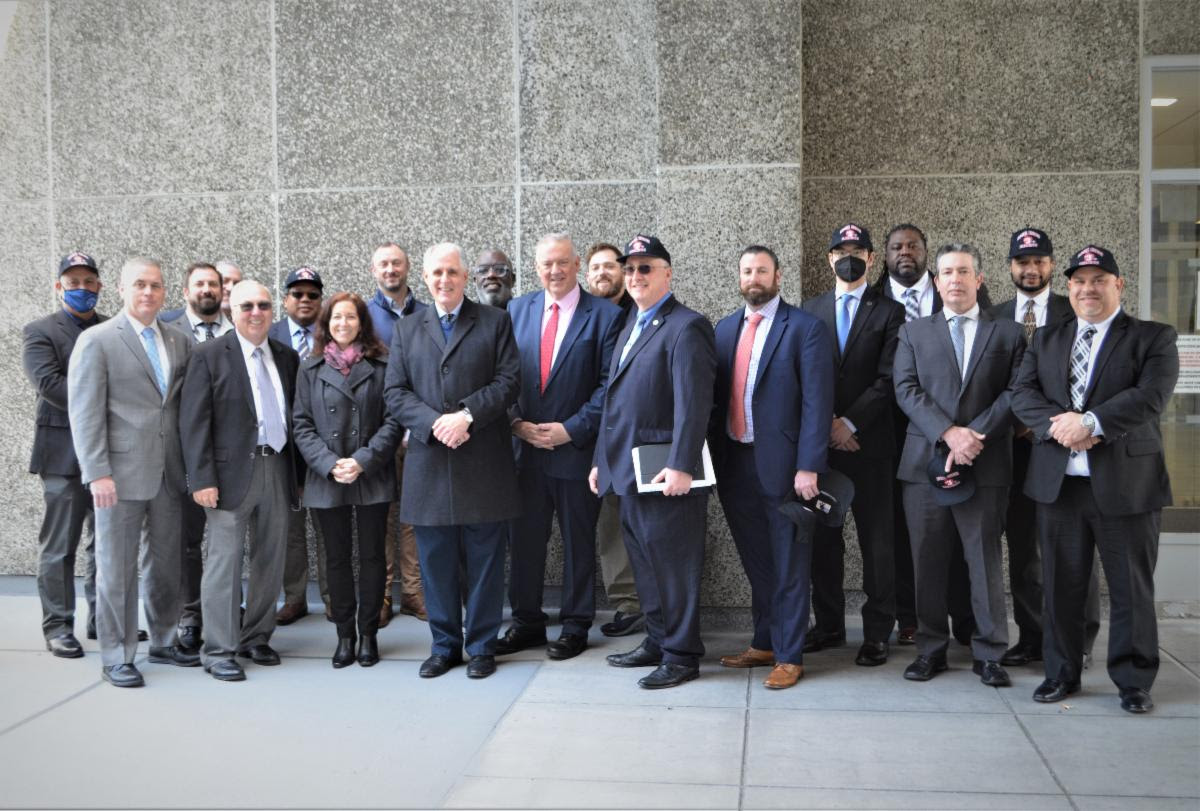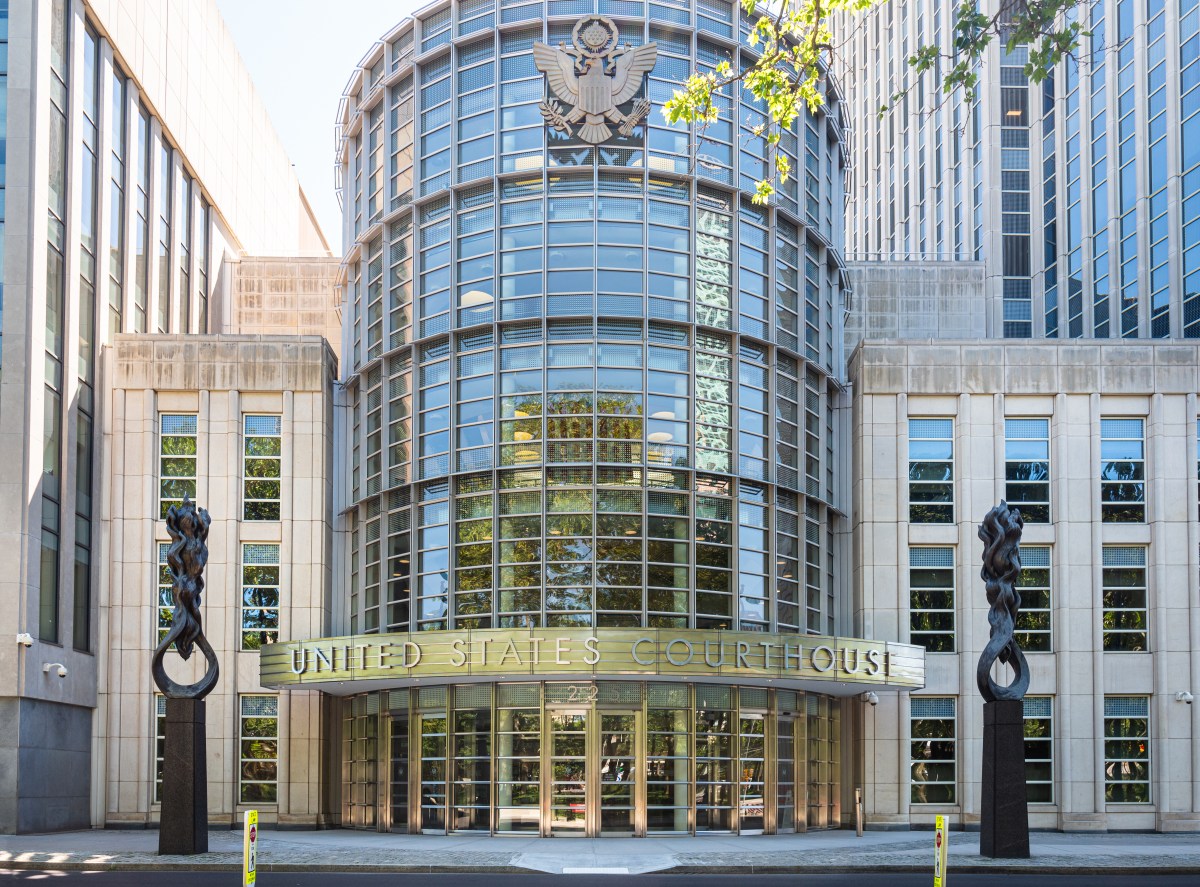Queens Councilman James Gennaro called upon New York State’s Public Service Commission (PSC) to approve of the Champlain Hudson Power Express (CHPE) and Clean Path New York contracts filed with the New York State Energy Research and Development Authority (NYSERDA) on Monday, April 11.
Gennaro was joined by several members of local unions and environmental activists, who have also supported the Tier 4 projects.
These proposed projects would allow New York City to become less reliant on fossil fuels, with more environmentally friendly alternatives in wind, solar and hydropower energy becoming available. Additionally, they would help create a lot of job opportunities for those with the ability to construct and install the sources of these alternative energy sources.
According to Gennaro, approximately 90% of New York City’s power comes from fossil fuels. He wants the city to focus on electricity and move away from fossil fuels quickly, as he views reducing carbon emissions as a huge priority.
“We hope to be at 70% renewable energy by 2030,” Gennaro said. “By 2040, we hope to have that number at 100%. By investing in clean energy, creating new green jobs in our communities, and reducing our reliance on fossil fuels, these projects represent a crucial step towards meeting New York’s energy goals.”
In addition to supporting new renewable energy, the Clean Path project presents the opportunity for a once-in-a-generation investment in green jobs across New York state. It’s estimated to generate over $4.3 billion in incremental economic benefits, with 40% of it getting invested directly in disadvantaged communities. That would amount to a $1.8 billion investment in communities across the state.
The Clean Path project would open the door for over seven terawatt-hours of clean energy being transmitted into New York City. This would result in a portfolio of over 3,000 megawatts of new onshore wind and solar and over 10 terawatt-hours of clean energy generation capability.
CHPE would power the city with 1,250 megawatts of hydroelectricity. Through a $117 million environmental trust, CHPE would fund projects that improve water quality in nearby waterways while also creating over 1,400 unionized jobs for construction workers across the state. New tax revenue from the project and permanent jobs at a new converter station in Queens would benefit New York City. It is estimated the CHPE project would provide over $3.5 billion in economic benefits for New Yorkers.
According to Local 3 IBEW Business Manager Chris Erikson, New York has been slowly transitioning away from relying on fossil fuels for a while now, with many fossil fuel power plants closing throughout the state.
“New York needs a reliable energy infrastructure as the state transitions to a cleaner, greener economy and I believe the Tier 4 renewables are essential for powering New Yorkers into the future,” Erikson said. “When people of good conscience come together, there will be change.”
IUOE Local 14-14B Political Director Allen Wright noted that these projects would help both the planet and many families. With the potential for thousands of union jobs being created through these projects, Wright said this could help grow the middle class.
“We’d get to earn money and ensure the planet is better off [for the next generation],” Wright said.
Queens Chamber of Commerce President Tom Grech believes now is as good a time as ever for PSC to approve these projects.
“It is critically important that New York is ready to recover with ample power needs in a safe, reliable and green matter,” Grech said.
Gennaro said it is imperative that supporters of the projects continue to pressure PSC to approve them over the next few days until Thursday’s decision.
“We need to take bold action to reduce pollution in New York and fight the impacts of climate change,” Gennaro said. “By investing in clean energy, creating new green jobs in our communities and reducing our reliance on fossil fuels, these projects represent a crucial step towards meeting New York’s energy goals.”































